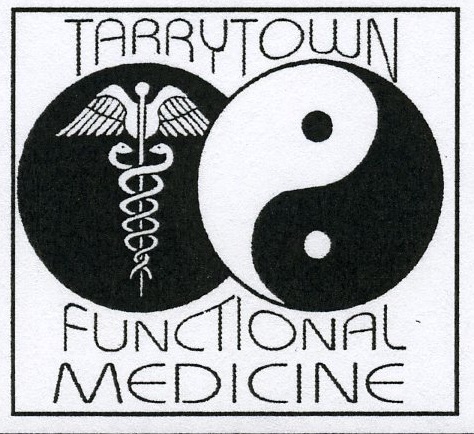We’ve heard a lot about the importance of bowel bacteria lately as it relates to weight loss, but this time it’s heart disease risk we’re talking about. The study was done by Dr. Stanley Hazen of the Cleveland Clinic, who has accumulated evidence for a surprising new explanation of why red meat may contribute to heart disease. It’s not saturated fat this time but a little-studied chemical that is produced by bowel by bacteria in the intestines after people eat red meat and then converted by the liver into yet another little-studied chemical called TMAO that gets into the blood and TMAO levels turned out to predict heart attack risk in humans, the researchers found. When vegans, who had not eaten meat for at least a year, were given a dose of meat, they did not produce the chemical. It appears that it is the amino acid, carnitine, in the meat that is setting off the reaction in the bowel bacteria. carnitine is also found in other foods, including fish and chicken and even dairy products, but in smaller amounts. Red meat, is the major source, according to Dr. Hazen, and for many people who eat a lot of red meat, it may be a concern. Even swallowing pills or energy drinks containing carnitine causes the reaction.
It appears that the ecosystem that is the intestinal flora is cultivated by what we eat and we can feed beneficial bacteria, or we can feed bacteria that put out toxic substances.
(914) 631-7911
[email protected]



